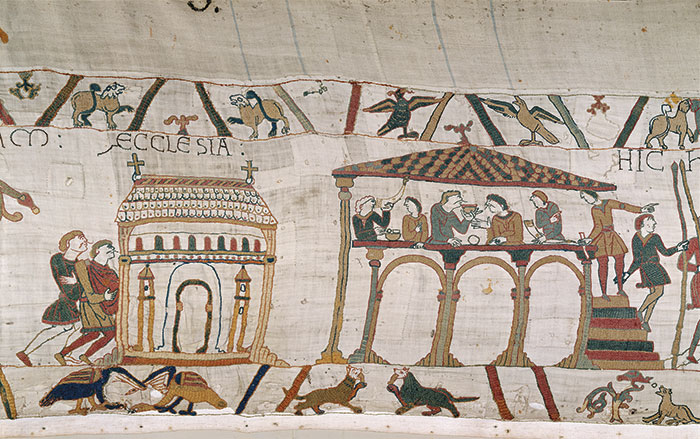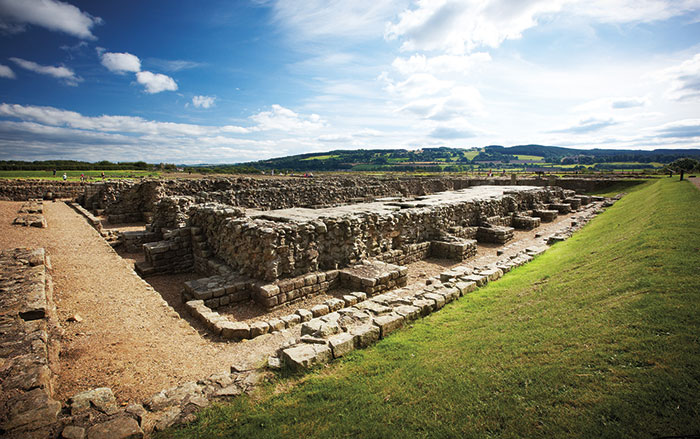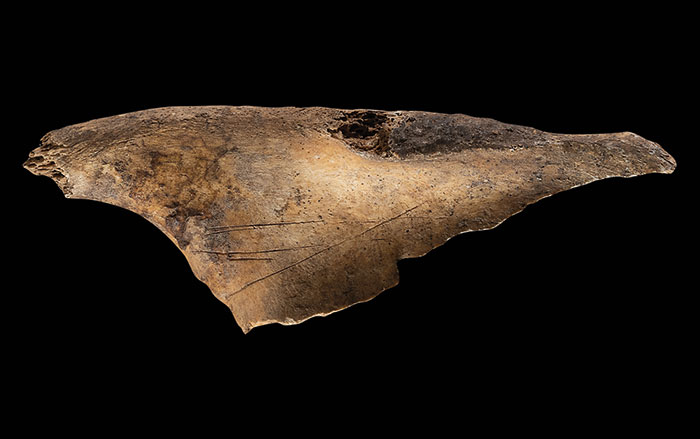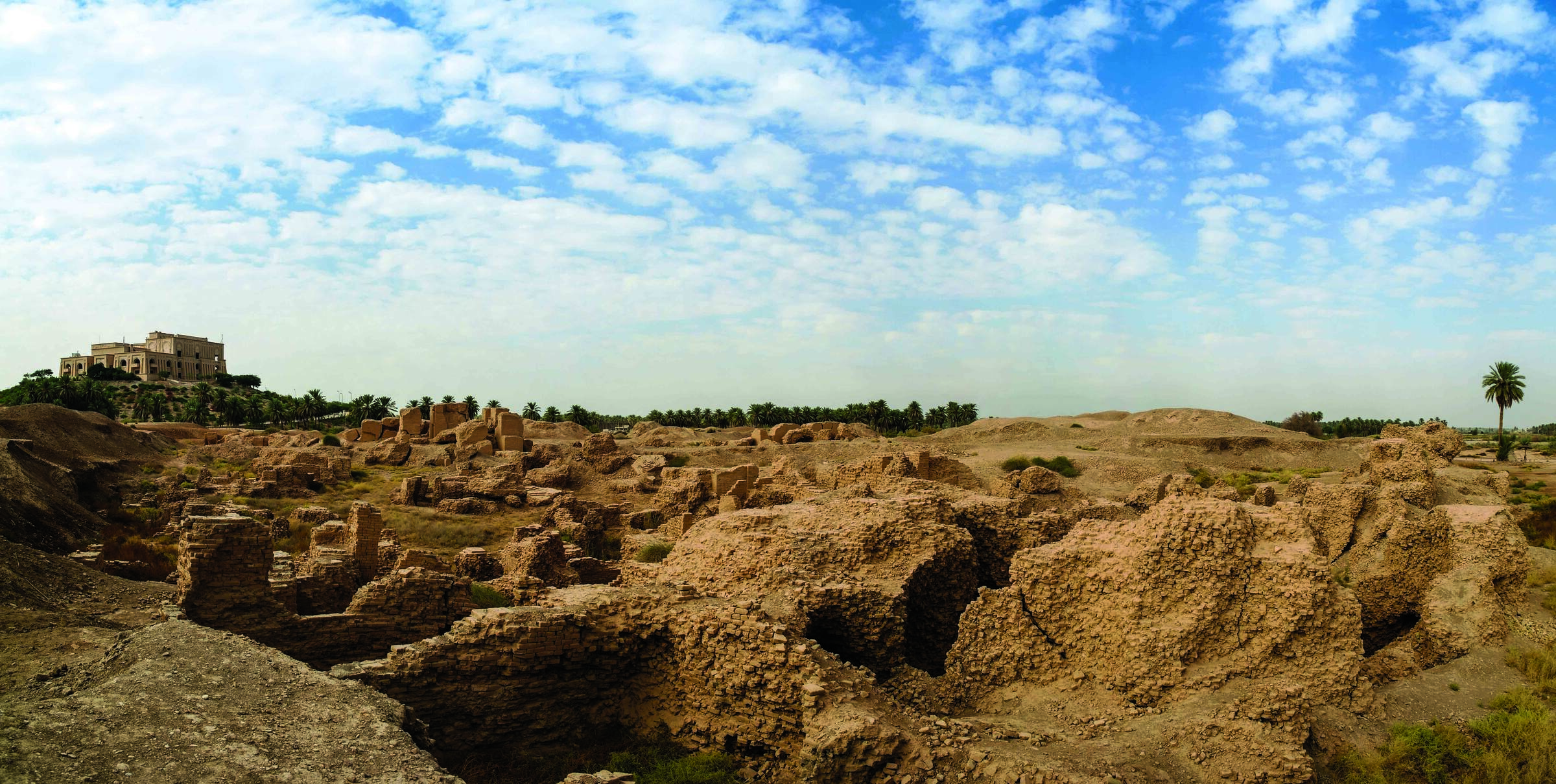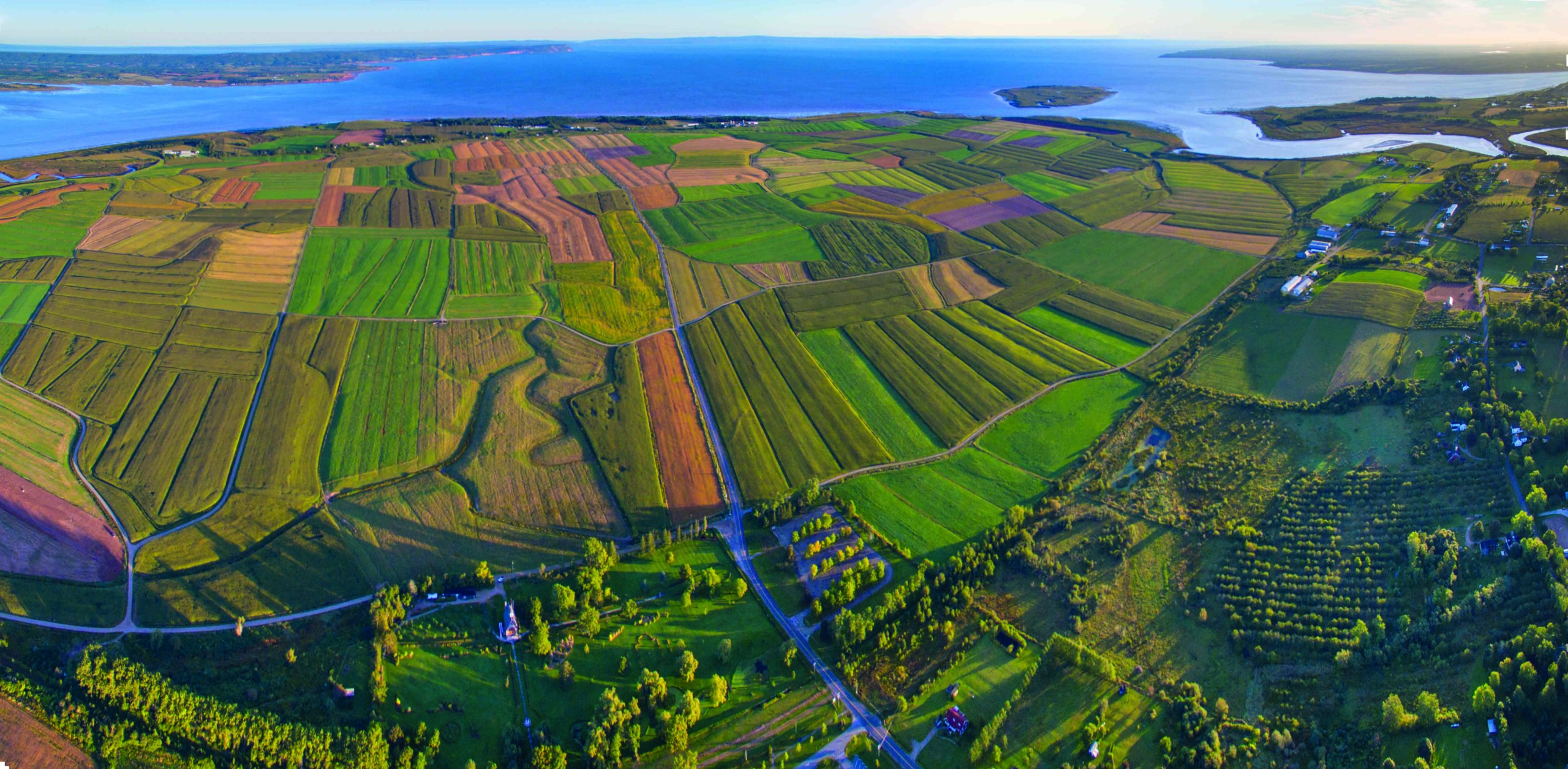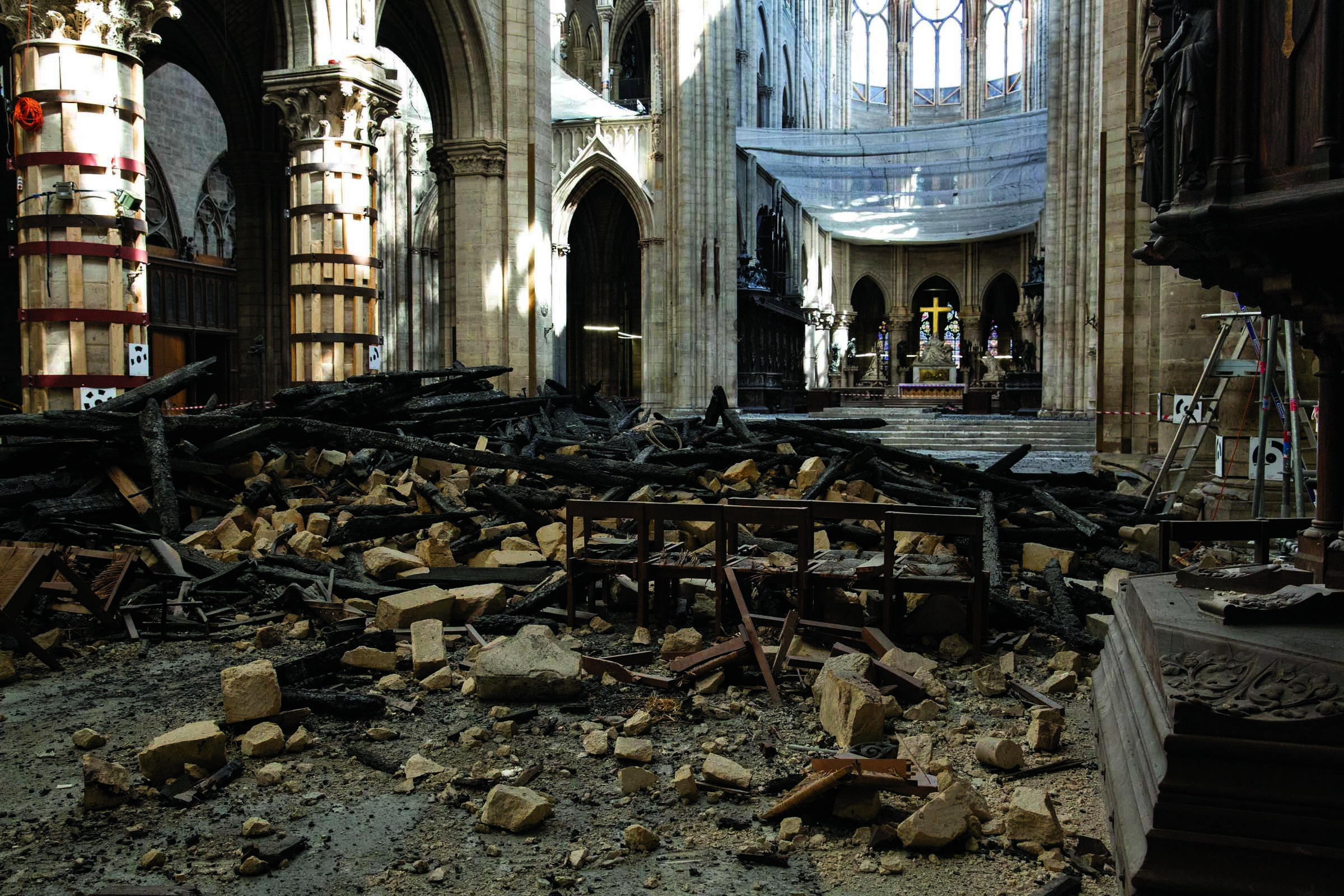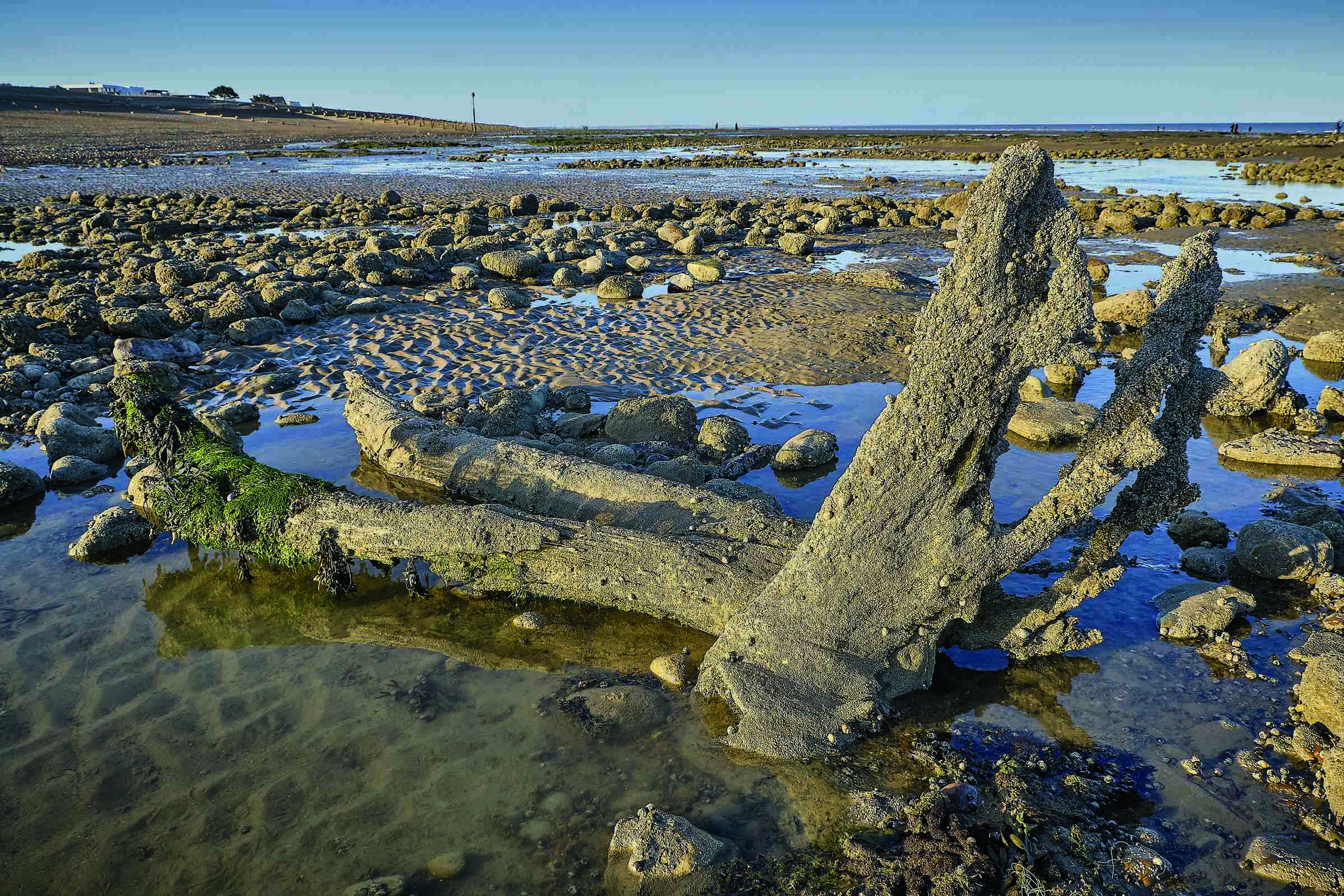
HAMPSHIRE, ENGLAND—According to a statement released by the University of Reading, a gamma-ray spectrometer, a device normally used to identify radioactive contamination at nuclear sites, was tested for its potential use as an archaeological tool at the site of Roman Silchester, which is located in southern England. The study suggests that gamma-ray spectrometers can detect radiation emitted by the decay of elements in buried buildings or artifacts, and could help researchers identify the composition of buried objects before they are excavated. During the test, the gamma-ray spectrometer confirmed the presence of a buried boundary wall at Silchester’s Roman temple because the materials in the wall emitted lower radioactivity readings than the surrounding area. Thus, the wall is thought to have been constructed with imported materials having a different geochemical composition than the surrounding soil. Team member Victoria Robinson explained that radiation detectors are also portable and highly versatile, giving them an advantage over the heavier equipment usually employed in geophysical surveys. Additional testing of the gamma-ray spectrometer will focus on the identification of buried fired bricks and industrial areas, she added. For more on recent research about Roman Britain, go to "Identifying the Unidentified."



